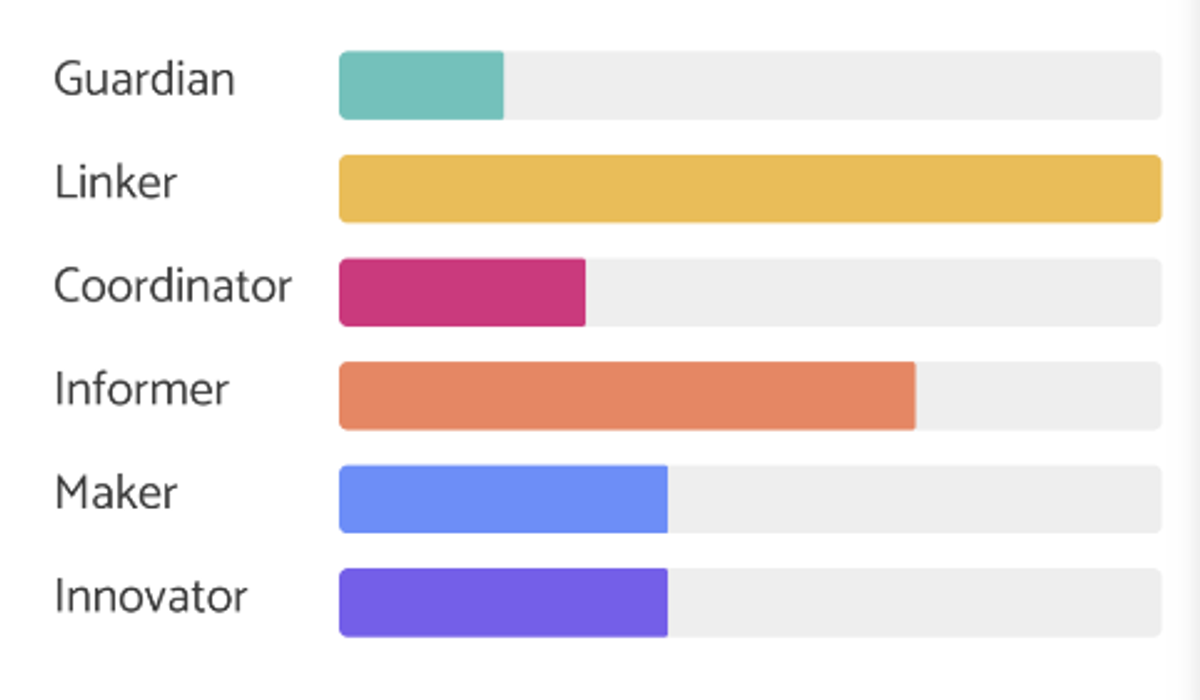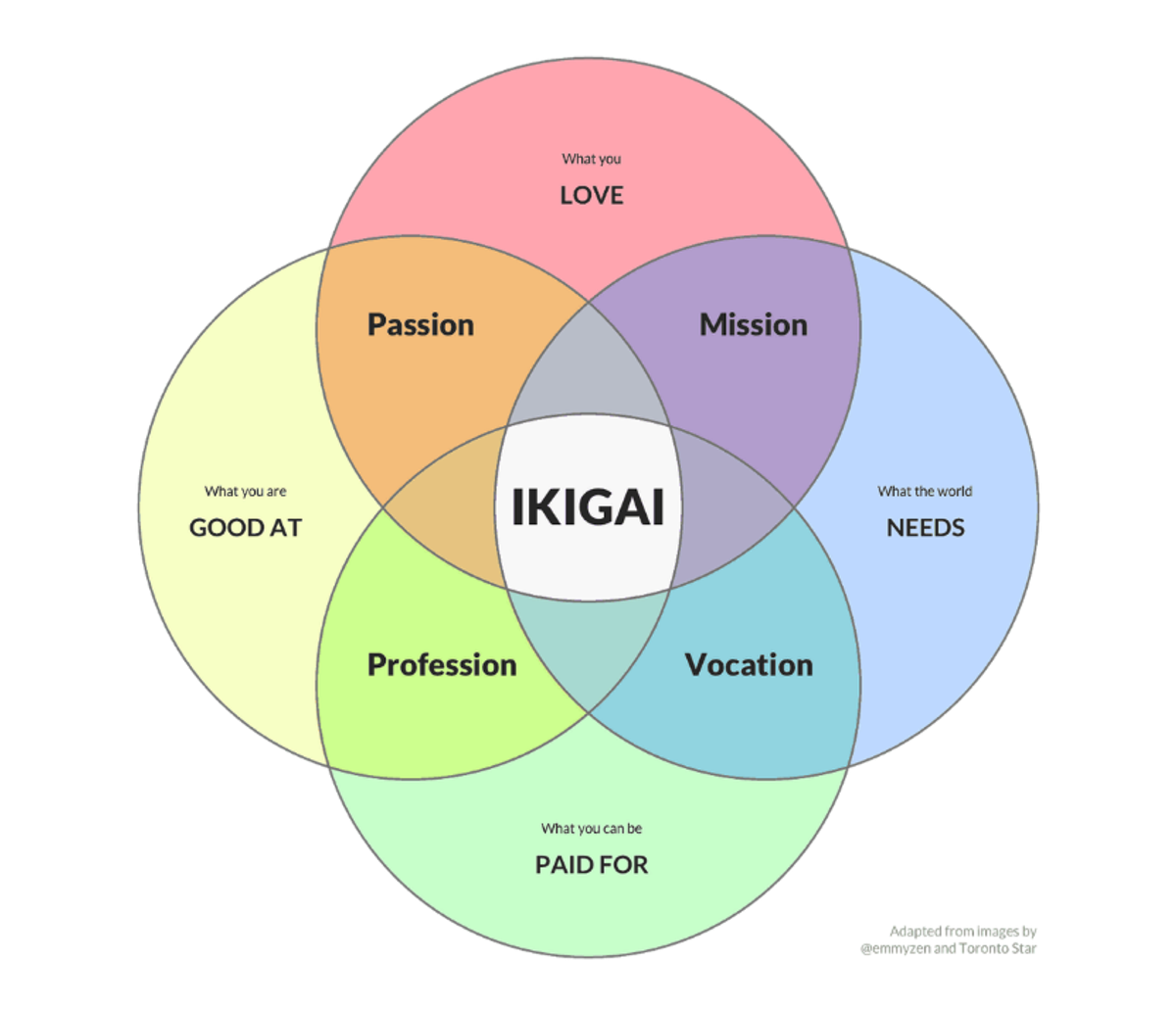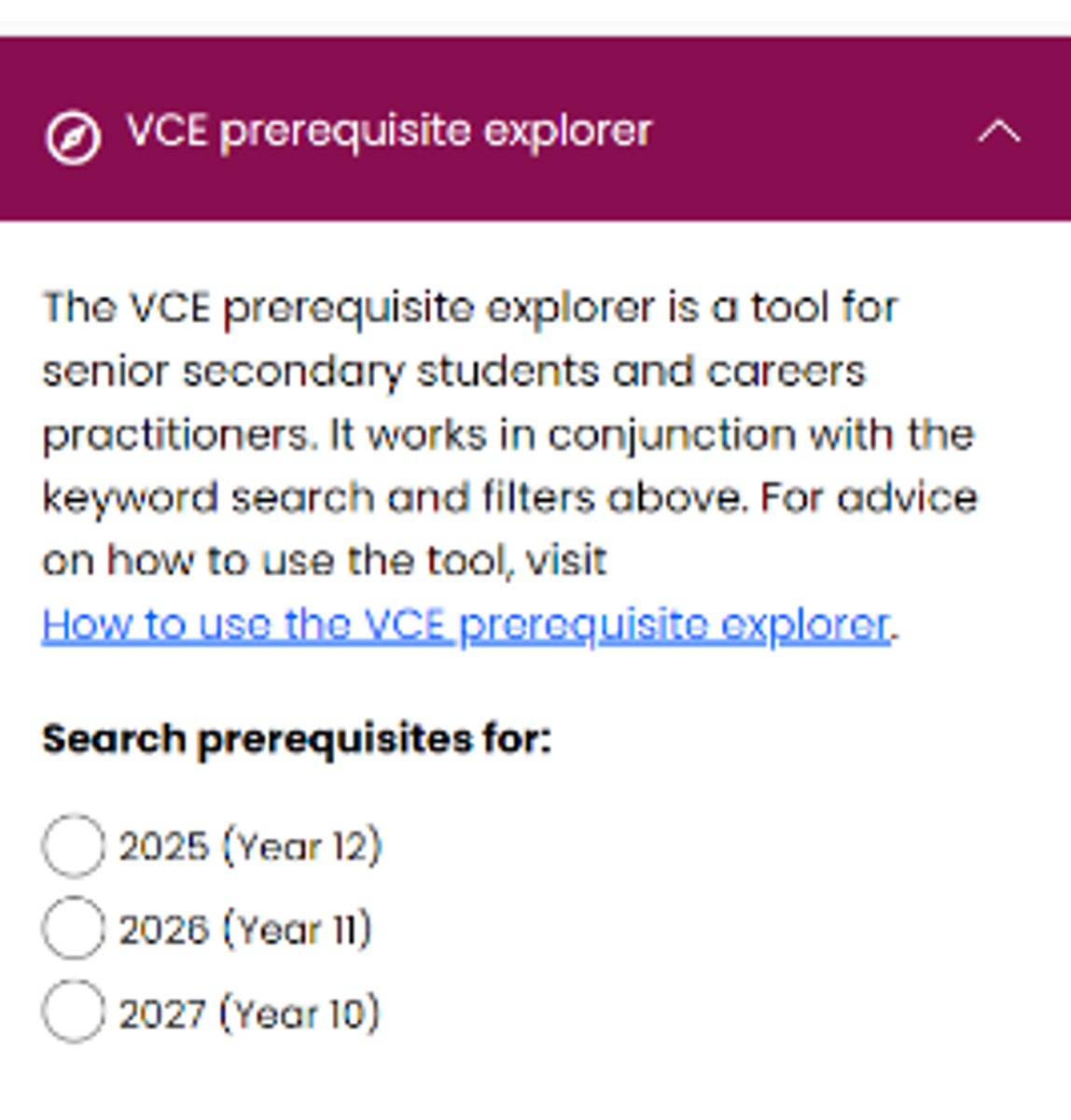9. Careers Planning

CAREER PLANNING
Planning your Career is not an event, it is a process. That process of Career Development and Management, continues throughout your life. It is about taking charge of your own career ideas so that you can develop them through research and reflection. A wise career plan is one that builds in change and flexibility, as options and possibilities will change, and so will you!
At sixteen or so, very few young people know exactly what they want to do in future. Ask your parents! Even those who are sure about what they want to do will often refine these plans and even change direction quite dramatically. Others will just follow a very general interest and find what they want by trying things out. All that is okay. The key to success is to be aware enough to see opportunities as they come along and flexible enough to change when your choice is no longer a good fit for you.
Work is not divided into single jobs or industries, as we once thought. Instead we see clusters of occupations that are all interconnected. This way, your skills in one area can lead to work in many different fields. What you learn in a subject, whether at school or university, is much more than content. You also gain many transferrable skills that can be used in different jobs or industries. Skills such as Communication, Problem Solving and Teamwork. See more at https://www.seek.com.au/career-advice/article/transferable-skills-checklist
For that reason, it is also fine to take subjects in your VCE just because you like them! You do not have to just take subjects that lead to a chosen career path. Do what you enjoy, and you will enjoy your VCE years. That will ensure you achieve your personal best.
The aim of careers education and counselling is to help you find what the Japanese call Ikigai (ee-kee-g-eye). This is your “happy place”, where the work is interesting enough and challenging enough and fits in with your values, needs and interests. The main principle of Ikigai is to seek the right balance of the four main elements. You will come close to finding your happy place in your working life if you seek to do:
- What you love doing
- What you are good at
- What the world needs, and
- What you can be paid for.
Have a look at this video – it makes perfect sense! The Japanese Formula for Happiness - Ikigai
WHERE DO I BEGIN?
Career Planning is a vital step to undertake before you can be ready to choose your course and subjects for Year 11 and 12. Most Year 10 students have already begun the process through completing their Morrisby Profile and using it to fine-tune their careers thinking.
You will be able to optimise your future plans if you:
UNDERSTAND YOURSELF - what you love doing and what you are good at.
Every person is the sum of many parts, such as:
- Ideas
- Skills
- Interests
- Talents
- Abilities
- Learning styles
- Values
- Ways of relating to others
Some people spend a lot of time thinking about these matters, other just do things. Now is the time to do some reflecting. Now you can make good use of your Morrisby Profile. This is not just a one-off assessment; it is a tool to re-visit over time to guide your reflections about yourself and help you research the possibilities and opportunities that your individual profile suggests. Get started here: https://app.morrisby.com/login
It will help you choose your program if you have considered:
- Your INTERESTS – What you enjoy doing
- Your ABILITIES – what you are good at
- Your WORK & LEARNING STYLE How you like to work – doing, thinking, reading, drawing - whether alone or in a team, indoors or outdoors, leading others or not.
- Your VALUES – what you think is important
These are all vital considerations for your subject selection, and for a happy and successful Senior School experience. Everyone is different, of course, so you might find that, once you understand your own interests and needs, you will not necessarily choose the same subjects as your friends. You will achieve better results because you personally have that interest and determination to succeed!
UNDERSTAND WHAT IS OUT THERE - What the world needs and what you can be paid for
Next you need to know a little bit about the world of work – what are the different kinds of work you can do that will be the BEST FIT for all of those aspects of yourself that you have discovered. What can you be paid for?
One of the best ways to discover the jobs that are out there is to hear peoples’ stories about their work. You will find some excellent videos here:
You might also like to see what jobs are related to the subjects you might study:
You can also explore our new College Careers Website, our Pathways Hub - https://studyworkgrow.com/education/school/st-marys-college/ for information on jobs, courses, tertiary institutions, job videos, apprenticeships, how families can support their student, and much more!
UNDERSTAND THE PATHWAYS involved in getting where you want to go.
The last task is to work out the pathways to your favourite kind of work.
Nobody is asking you do decide on “one job”, but you do need to have an idea of the general area you want to work or study in, and the requirements you need to study the courses and work in a range of jobs in that field. Try not to narrow it down too much! However, it is important to know whether a university degree is required and if so, what VCE subjects are needed to get a place in that degree.
HERE ARE SOME LINKS TO HELP YOU RESEARCH YOUR OPTIONS:
For Jobs: Your Career - Occupations
For Courses: VTAC - Year 10 Guide, Course Descriptions, Pre-requisites. Also Course Seeker
If you have a good idea of the career area you wish to pursue, a good way to look at the areas of study available at university level and the range of courses in each, check out the Course Matrices here: Course Matrices
If you are interested in the more practical Certificates and Diplomas offered in post-secondary Vocational Education courses, check out Victorian Skills Gateway . These courses are also shown on the VTAC Course Search, which has most tertiary courses at Universities, Vocational Education Institutes and Private Colleges.
The VTAC Website is a vital resource for all students in Year 11 & 12. The most important thing to check on VTAC is whether the university courses you might want to do have required VCE subjects for entry, called pre-requisites. Most university courses ONLY require a VCE English. Most vocational course have no pre-requisites. The VTAC Year 10 Guide is the best place to help you understand entrance requirements and all that Year 10 students need to know: https://vtac.edu.au/guides/y10guide . There is also a worksheet to help you choose your subjects the right way!
More information on Pre-requisites is at: Meeting Pre-requisites .
A list of University Pre-requisite subjects for 2027 is available here: https://vtac.edu.au/files/pdf/publications/prerequisites-for-2027.pdf
You can also use VTAC’s Pre-requisite and Course Explorer to check the effect of choosing different subjects on the courses you can apply for: VTAC Prerequisite Planner
Another great resource for you that covers all you need to know as a Year 10 student or parent is the VTAC YEAR 10 GUIDE.
For a full explanation of VET studies, VCE and VCE VM, as well as student stories about their experiences and pathways, the VCAA publish Where to Now? It is available in hard copy from school, PDF or as a website: Where to Now?
You can find more information on VCE and VCE Vocational Major at the Your World. Your VCE website https://www.vic.gov.au/vce .
Here you can also find descriptions in Easy English https://www.vic.gov.au/many-talents-one-vce-easy-english
For VCE information in Languages other than English https://www.vic.gov.au/vce/languages






